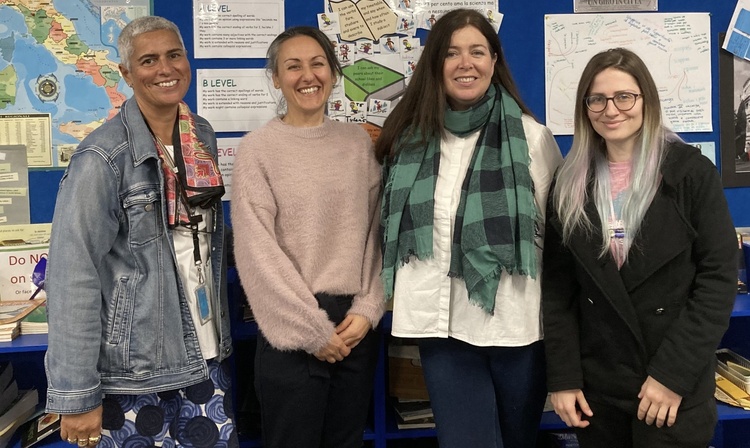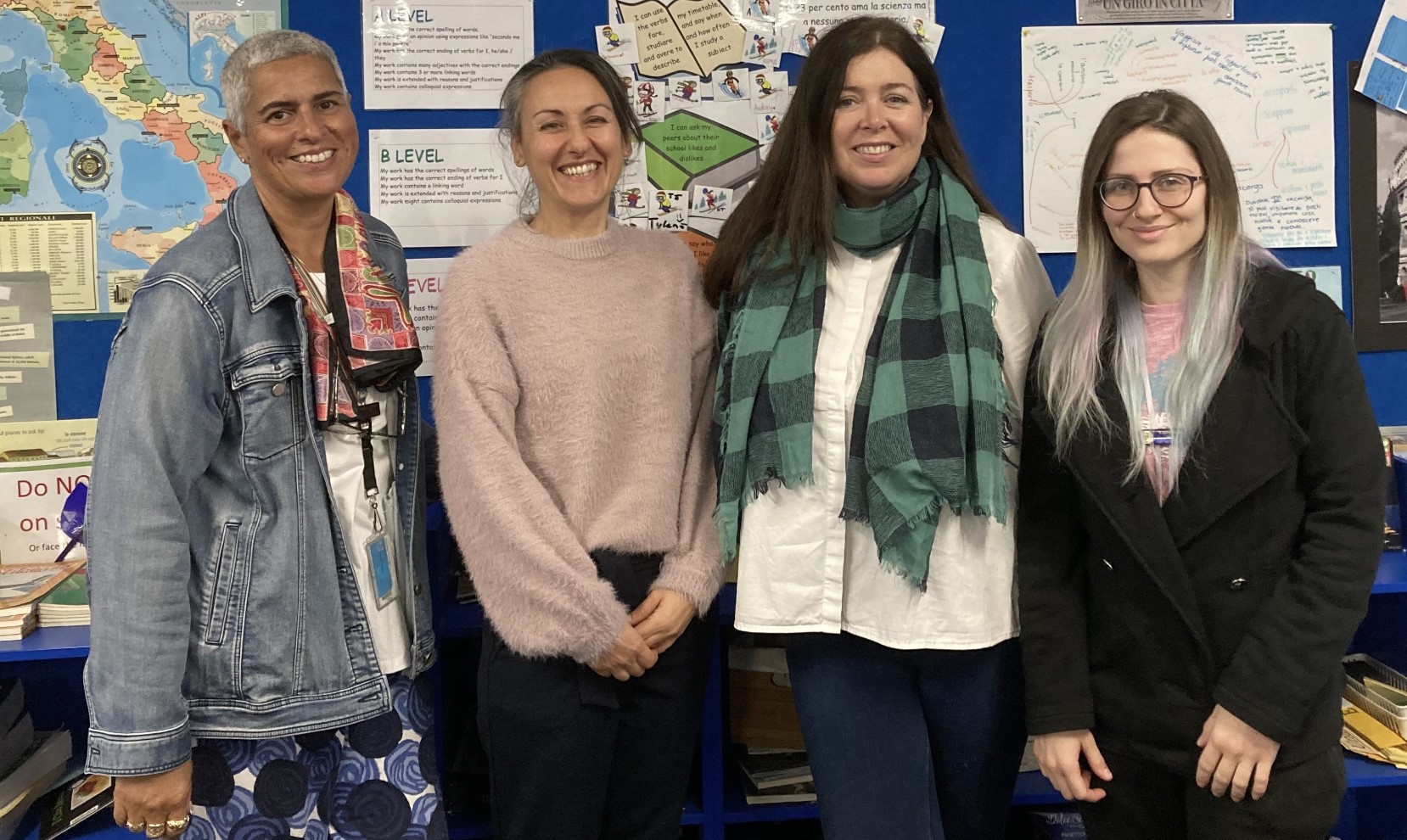BRISBANE – “Italian culture has always been a very important part of my life,” shares Maria Ghiggi. Born in Argentina to an Italian father and second-generation Italian-Argentinean mother, Maria grew up surrounded by a mixture of languages and cultures. The Italian portion would always remain vital.
“Even when I moved to England on my own at the age of 19, my connection with Italy remained very deep because I used to spend all my holidays there with my father’s family,” she explains.
“And the decision to become a language teacher came from the idea of maintaining my knowledge of Italian.”
After seven years in England teaching Spanish and French, Ghiggi moved to Australia where she found a job as an Italian teacher. In late 2017, she was approached by Stretton State College in Brisbane to set up an Italian program at the school, after the headmaster’s decision to drop Chinese, which most students stopped studying after Year 8 - as soon as it became optional to do so.
“The school wanted a language that was engaging, that the children could relate to, that they felt close to, [a language with a] rhythm to which they could dance, sing, speak, that was rich and interesting from a cultural point of view as well,” Ghiggi says.
Italian met these needs, and the teacher began to put together a program, taking her first Year 7 students all the way to Year 12. An extraordinary result in a relatively very short timeframe.
“It has also been an educational journey for us teachers, as we started with two and now find ourselves in a team of five,” Ghiggi points out.
A significant role in the success of the program was the attention Ghiggi paid to the children and their families. Small things, like supplying information in the school’s newsletter where students and their parents can find useful links for deepening their language skills and learning about Italian culture.
“We brought to school events related to the Italian calendar, such as Republic Day, which we celebrate with Italian activities and food, but also music, films and art,” she reveals.
“We organise immersive language days by going to the language centre, we participated in a project with a retirement home where many people of Italian origin live and we hosted cooking classes, during which the students made Italian dishes. We try to be as interactive as possible.”
Despite the packed agenda, the teacher is certain that there is no lack of time dedicated to studying grammar.
Maria Ghiggi is well aware of the difficulties that can be encountered on the path to discovering a language, which is why she often offers herself as an example to her pupils.
She explains to them that studying a foreign language opens up a range of unexpected opportunities, as it did for her. She often repeats to the students, “You don’t know where life will take you and languages are the keys to open many doors.”
“Sometimes,” Ghiggi continues, “you have to make families understand, even before the children, how important it is to study a second language.
“Not just to travel, but to improve one’s level of English, develop cognitive skills and have a new perspective on the world.”












